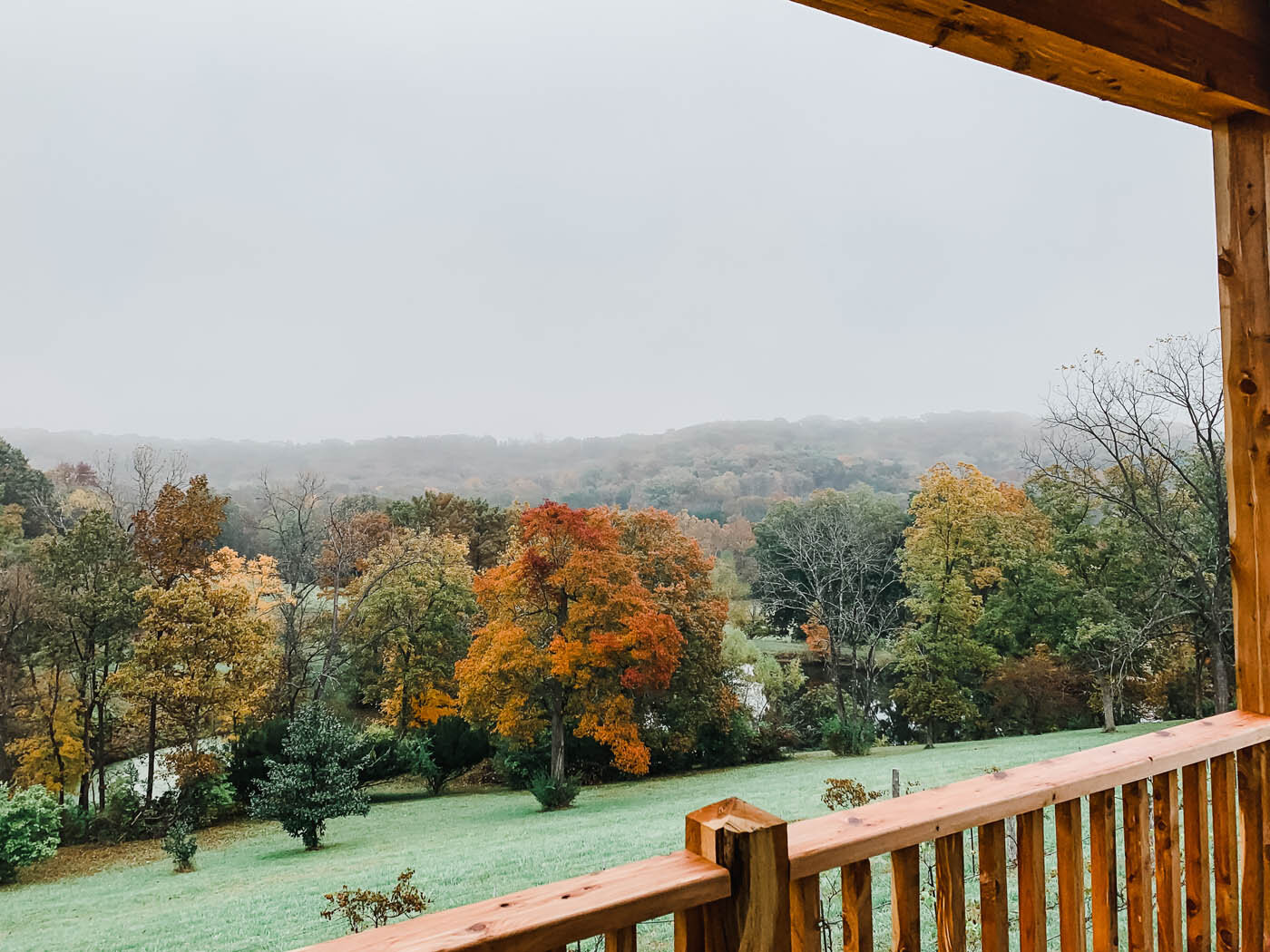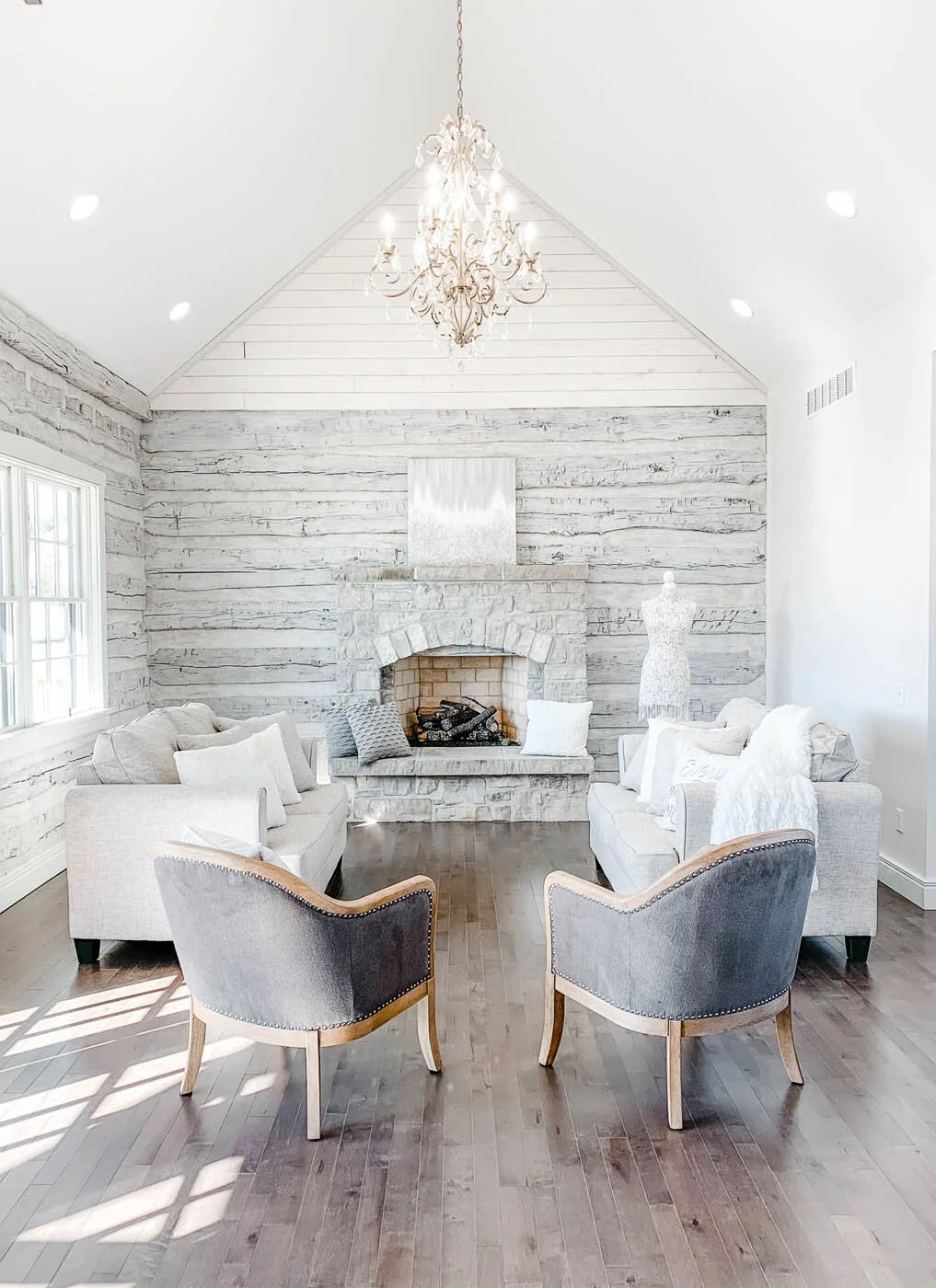7 Hidden Costs of Building a Wedding Venue
Are you considering building a wedding and event space? You're certainly not alone. Even in 2020, a year that has been an immense challenge to the wedding and events industry, we are seeing an uptick in the number of people who want to build a wedding venue.
There are lots of reasons why I imagine this may be the case, and one of the ways that I know that it's true is that every day, my New and Prospective Venue Owners Group on Facebook is growing.
If you're considering building a wedding and event space, you're likely seeing the glitz and glamor that this kind of business can bring.
From the outside looking in, it seems simply like you build a building, build a little website, and start accepting $5,000 checks. It seems like a simple, easy cash cow.
While there are lots of surprises when running this business that I'll talk about in another article, the purpose of this article is to share with you some of the unexpected—often very large—costs that real business owners have run into when they're starting a wedding venue.
I'm Kristin Binford, wedding venue owner and wedding venue business coach to venues across North America. I've had hundreds of conversations with venue owners, and you'll be surprised to hear some of the extraordinary expenses that come up in a building process.
Here are just a few that you absolutely need to know if you’re considering building a new wedding venue.
Hidden (/Not Fun) Costs of Building a Wedding Venue
1. Fire suppression
Now this may be something that has not even crossed your mind. Fire suppression can be an extraordinarily large expense for venue owners.
I often speak with venue owners who have never heard of the requirement to have a fire suppression system. And the more rural the potential venue owner is, the less likely they think they'll need one.
The truth is that it will come down to your own city or county and fire district to determine if this is a requirement in the build process.
If it is, it brings the added benefit of extra safety for your clients and guests. The downside is that it can easily add $100,000 to your budget that you weren't expecting. It's certainly not something to overlook and it's becoming a much more common requirement for venues.
Think about it: 100 or 200 or 300 people inside of your beautiful new building, drinking, dancing, and having a great time. The last thing that you want to happen is a fire. You're also likely making a very, very large investment in your space and need to protect it too.
Now the downside is the cost, but the upside of a fire suppression system is that it actually creates greater barriers to entry in your market. That means it's less likely that more venues will open up quickly because the cost to get into the business is higher. It's certainly not a potential cost that you should overlook.
2. Cost to extend utilities
Depending on your location, you may have access to utilities like electricity, water, and sewer right on site. Don't underestimate, however, that when you're building a commercial building, what you have may not be sufficient.
I've heard horror stories over the years of $40,000 or more septic systems, $200,000 water lines, et cetera. These would potentially be commercial requirements that you can't get around, and very obviously impact your build cost. Don't assume that what you have will be approved.
3. Commercial parking lot
Sometimes venue owners just assume that guests will be able to park in a field or that guests will be able to utilize some other creative kind of on-street parking.
Parking can certainly be a requirement for your commercial building that is outside of your control or choice. That could mean extra added expense of a large paved area, commercial parking lot lighting, and more.
If your property is back from a main road, also investigate whether the lane or driveway will be required to be paved. This could easily cost $20,000, $50,000, or $100,000.
If you have a farm wedding venue and think guests will just park on the lawn, think again.
4. Traffic generation fee
If you are required to have a commercial parking lot, you're likely also going to be required to have a certain number of parking spaces based on the size of your event space.
In some markets, you may be charged per parking space, something that's called a “traffic generation fee.”
This fee helps your city or county recover additional funds from you for the additional traffic and wear and tear that you're bringing to the area.
This could be as much as several thousand dollars per parking space. It's not common in all markets, but it is something that I would be looking and listening for in your budgeting process.
5. Legal fees fighting neighbors or the county
Far too often, venue owners assume that the piece of property that they either own or want to purchase will be approved for use as a wedding venue.
However, wedding venues have become so much more popular in recent years that the idea of music, traffic, drinking, light pollution, and trash can be serious concerns for your neighbors or county.
Even if you're being told that the approval process should be simple, I would not assume that would be the case.
Very often, venue owners expect to sail through the permitting and zoning process, but it can easily cost you thousands and thousands of dollars in permit fees, legal fees, and more.
6. Building Upgrades
Now, this is one that if you've ever built a house, you'll quickly understand.
It's very easy in the build process to assume, "Oh, I'll just spend an extra few hundred dollars on this” or “I just need this upgraded lighting. It's only $100 more per fixture," et cetera. The upgrades add up very quickly.
Couple that with the surprises that are often in store when venue owners are building, and upgrades can quickly run you past your overage that you had in the budget.
7. Marketing
I'll talk about this in a future article, but assuming that you can just build a building and that your phone is going to ring is an incredibly risky strategy, especially in 2020 and beyond.
Market saturation is here to stay. There are many, many, many more venues than there were just a few years ago, and more opening next year and in coming years.
Betting on “build it and they will come” can be a surefire way to leave thousands or hundreds of thousands of dollars on the table your first few years in business. Don't assume that your build cost is the only cost that you need to factor into the equation.
Stay tuned for a future article on this topic in more detail, but you need to be thinking about it now.
These are just a few of the large scale expenses that can be found in the building process. Below is also a quick list of unexpected costs contributed by members of my New and Prospective Venue Owners Group.
Other unexpected costs of building a wedding venue, contributed by real venue owners
Cost of gravel for the parking lot
Sign for the building and for the road
ADA accessibility
Security system
Parting ways with the general contractor midstream
Soil scientists to test if the land was perked
Retention pond: $50,000
Septic: $20,000 to $40,000
Fire hydrant within 50 feet
Luxury restroom trailer
Although this article could never be all inclusive of all of the potential surprises that could come up in the build process, hopefully this article has shared a few major items you may be missing that could have a dramatic impact on your future budget.
Ready to learn more?
Check out my masterclass for venue owners, Learn How I Book 100+ Weddings Every Year - By Creating an Unforgettable Advantage™.
Are you a prospective venue owner?
Download our NEW Planning for Profitability Guide specifically for future wedding venue owners. (A 34 page guide - NEW in 2025!)





